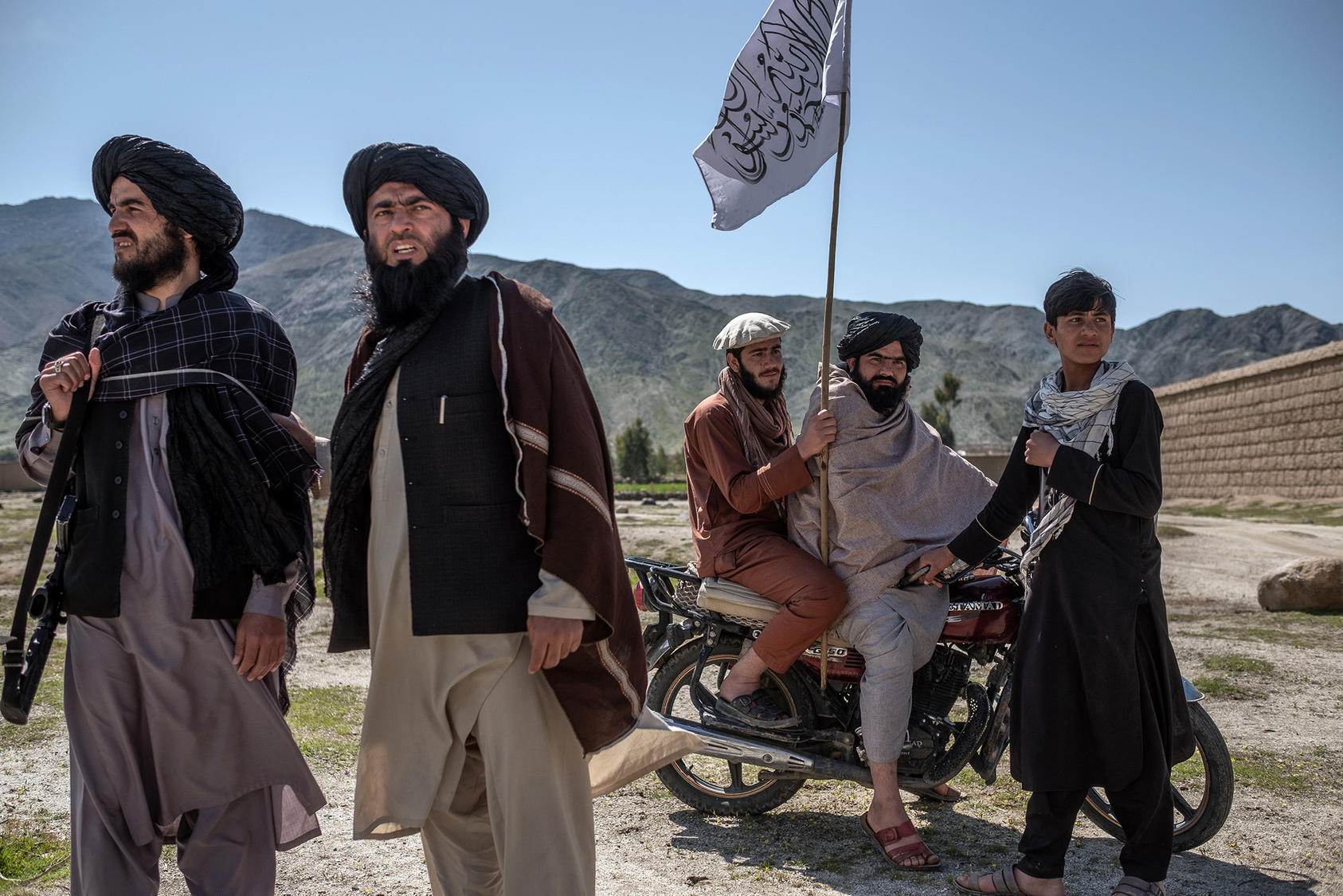Disengagement and Reconciliation in Conflict-Affected Settings
Even in brutal and desperate conflict settings, it is possible for people to abandon violence and leave violent groups. Peacebuilders know this well—yet terrorism and counterterrorism policies and practices have often neglected practical ways to address participants in violent extremism and failed to provide them opportunities to reject violence. This report examines how peacebuilding tools can help transform the individual attitudes, group relationships, and social ecosystems and structures needed to facilitate the effective disengagement and reconciliation of former members of violent extremist groups.

Summary
- Peacebuilding tools and approaches can help transform the societal structures, group relationships, and individual attitudes needed to effectively disengage and reconcile those who engaged in violent extremism, even in conflict-affected contexts.
- In conflicts characterized by the involvement of terror organizations, enabling people to disengage from violent extremism and fostering community reconciliation will be a necessary component of stabilization.
- Policymakers should consider investments that serve multiple purposes and consider how, in challenging conflict and postconflict settings, disengaged persons might participate in stabilization activities.
- Because violent extremism is deeply social, efforts that promote meaningful disengagement and reconciliation would benefit from being communal in nature, accruing benefits to both formerly violent individuals and to society at large.
- In conflict settings where victims, bystanders, and adherents have experienced destruction and trauma, the keys to enabling a future not solely defined by their past requires focusing on their capacity for change and their well-being.
- Counterterrorism policies should therefore begin to embrace the possibility that looking for resiliencies might be more important than addressing all potential risk factors.
About the Report
This report explores how people disengage from violent extremism and reconcile with communities in conflict settings. A companion to Peaceworks no. 163, “Violent Extremist Disengagement and Reconciliation,” it further builds the conceptual framework for how peacebuilding tools and approaches can enable disengagement from violent extremism and foster reconciliation with communities with a focus on the dynamics and complexities in conflict-affected environments.
About the Author
Leanne Erdberg Steadman is director of Countering Violent Extremism at the United States Institute of Peace and interim director of the RESOLVE Network. Previously, she served for nearly a decade in the U.S. government at the National Security Council, the Department of State, and the Department of Homeland Security.



